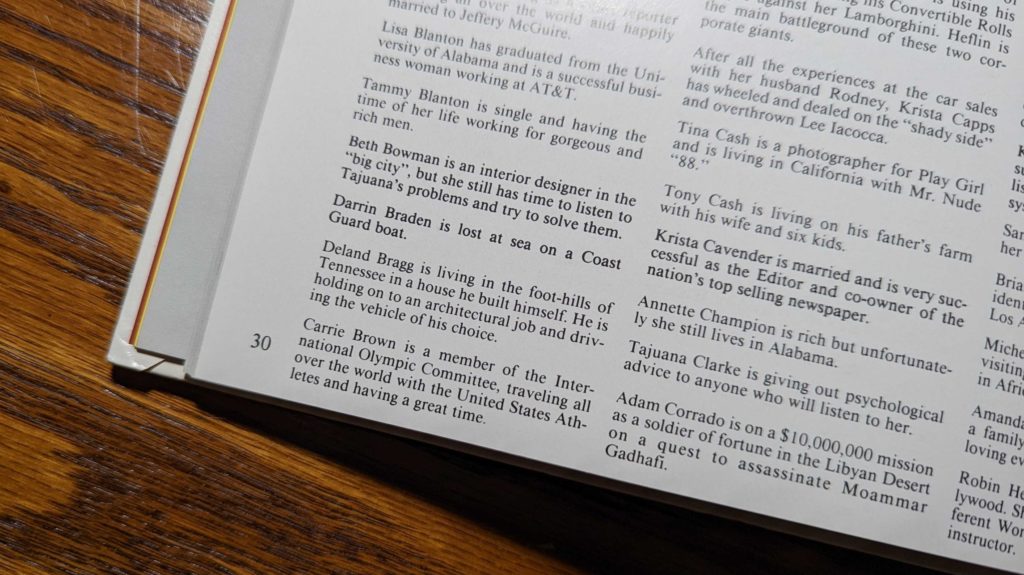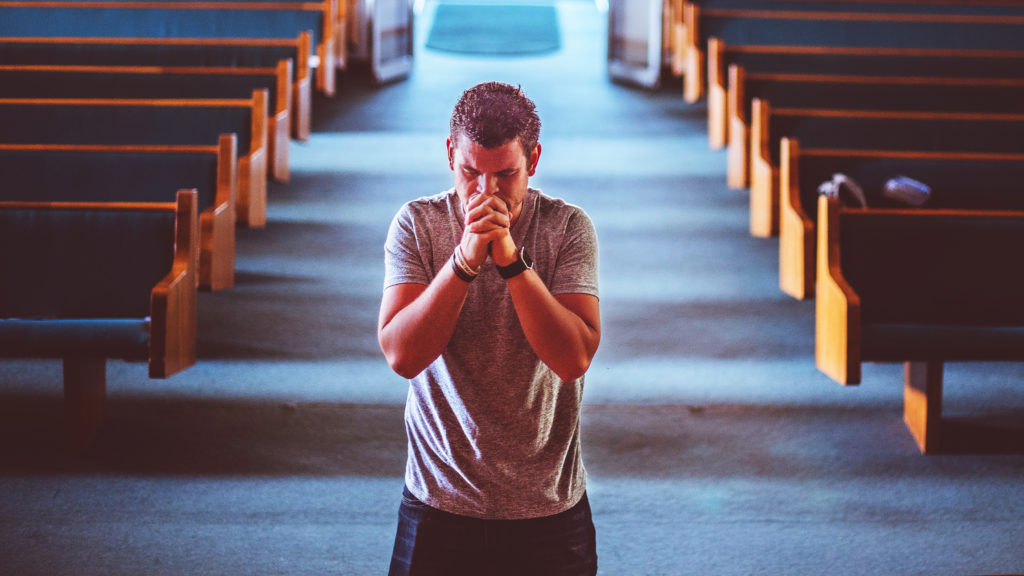By Jennifer Davis Rash
What? The baby came early — more than a week ago?
When did his dad die? A month ago?
They are engaged? For several weeks now?
How did I miss all these major moments in my friends’ lives?
It’s true, I don’t talk with many people outside my household and workplace on a daily basis. And I rarely know the intricate details of many people’s moment-by-moment routines, but with today’s technology staying in touch has never been easier.
That is unless you miss a day or two checking Instagram, Facebook or Twitter. Then you may fall so far behind that you will have to actually call the person to catch up. Seriously? Call? That’s something I’m not so good at doing any more.
Social media has become our community bulletin board of sorts. We post our news and life updates for all our friends to see — and are shocked to discover when someone close to us hasn’t heard about something major in our lives.
If you read Rashional Thoughts regularly then you know I share much of what is happening in my life as I’m learning how to live out my faith in the simple routines and bumps and curves of each day.
I too am surprised when someone close to me is behind on various elements happening in my life because everyone wants to read every Rashional Thoughts published in The Alabama Baptist and posted online at www.rashionalthoughts.com, right? Ha!
And how many of us notice the amount of online traffic we generate to our comments section? Come on now — I’m not the only one who gets excited when a post tops 100 likes and garners scores of comments, am I?
Sharing your story
But whether our posts receive hundreds of “likes” or only a few nods, the process of sharing our story is what matters. We are processing the moments of our lives and transparently inviting others in to see, know and experience.
It’s almost as if we all have hundreds, maybe thousands, of reporters embedded in homes, schools, workplaces, churches and communities around the world — all there to keep us personally informed on the happenings of that particular location. And we also serve as one of those reporters for the rest of the team.
Yes some social media zealots have gone a little far with the play-by-plays of every minute of every day — and that is definitely a topic for another day — but the overall concept of social media truly does tighten the communication circles.
Still too much of a good thing depletes the goodness of it. One of my mentors, Terry Newberry, describes it this way: “Strength overdone becomes weakness.”
With the rapidly growing and never-ending options related to social media, are we as individuals losing our ability to talk to each other? Are we impatient with face-to-face conversations? Can we go to dinner with family or friends and actually focus on the people at the table the entire time? Or at some point during the course of the meal do we end up checking our phones for messages, maybe even just to see the latest social media updates that have popped in since the last time we looked?
Staying connected
My Aunt Louise is one example of many grandparents I know who transitioned to a smart phone, purchased a tablet with Skype or FaceTime capability and set up a Facebook account solely to maintain consistent communication with her grandchildren. She, like so many others, pushed past the fears and learned enough to function in this new style and are now texting and messaging maniacs. Staying connected was that important. They are doing what they have to do — even when they don’t always totally understand what they are doing — to keep their relationships tightly intertwined.
But are all of us who are falling farther and farther down the techno-social media hole willing to reach back up and meet them somewhere in the middle?
There’s really nothing else like getting to share what’s happening in your life with your parents and grandparents when you have parents and grandparents who are truly invested in you. And sometimes we are given special gifts to have aunts, uncles and other special relatives and friends who are invested at a similar level.
The difference of who we are and who we will become can be greatly impacted by these in-depth conversations and in-person moments throughout our lives. I’m thankful to have an incredible support system where a whole lot of people basically won’t allow me to pull too far away, no matter how busy I think I am.
_____________________________________________________
Rashional Extras
“The most dangerous things are not what we are debating in culture right now, they are the things we are not debating. … That’s what happened with the abortion issue. We didn’t see the revolution coming about how [government] and outside culture would see human life. We weren’t prepared to give a different view. The same thing happened with the pornography issue. We didn’t consider the digital revolution that made it weaponized. … Many things are on the table like that right now, and we can become unduly pessimistic or optimistic. … We have to be able to look into the future … and be prepared.”
Russell Moore, president
Ethics & Religious Liberty Commission
“Our future is ours to yet determine. It is before us. Can we be theologically faithful, denominationally optimistic, cheerful, believe the best about one another, have renewal of the heart and spirit? Can we dream again? … So many of these realities are before us. … Are we equal to the task? We’d better be because if we aren’t, God will find a people who are.”
Jason K. Allen, president
Midwestern Baptist Theological Seminary
“Take time to learn everything you can about the assignment you have been given. Some of the key mistakes I made was to try to change some things before I really understood.”
Kevin Ezell, president
North American Mission Board
“I’m not sure if our (Southern Baptist Convention’s) vision ran dry first or our funding, but I am sure that when your vision runs dry your funding will as well.”
Jason K. Allen, president
Midwestern Baptist Theological Seminary
“People who seek to restrict religious liberty are not intentionally thinking how to silence Christianity. It is usually an ignorance about religious motivations. They assume there must be some other motivation at the root of that. They don’t understand how we think. People tend to live in a community of likeminded thinking. … We need to spend time explaining why we are motivated by what we are … defend our rights while we proclaim the gospel like Paul did.”
Russell Moore, president
Ethics & Religious Liberty Commission
“Whatever we do — speaking, writing, relating — needs to be done in love (Eph. 4:15). It is a key, key verse for all of us. … It helps us avoid two extremes in Christian life. … Truth without love can become a cold-hearted legalism. Love without truth is warm and fuzzy but can lead them to hell. Whatever we say we need to speak the truth, tell the truth, but do it in a way that builds up the Kingdom and the Lord Jesus.”
Frank Page, president and CEO
Southern Baptist Convention Executive Committee
Living Life Today
“What if the main issue in our culture today is not poverty or sex trafficking, homosexuality or abortion? What if the main issue is God? And what might happen if we made Him our focus instead? In a world marked by sex slavery and sexual immorality, the abandonment of children and the murder of children, racism and persecution, the needs of the poor and the neglect of the widow, how would we act if we fixed our gaze on the holiness, love, goodness, truth, justice, authority and mercy of God revealed in the gospel? … And what if Christ’s call in our lives … [is] to courageously share and show our convictions through what we say and how we live, even (or especially) when these convictions contradict the popular positions of our day. And to do all of this not with conceited minds or calloused hearts, but with the humble compassion of Christ on constant display in everything we say and do.”
David Platt, president
International Mission Board
(an excerpt from his new book “A Compassionate Call to Counter Culture”)






Share with others: